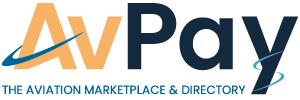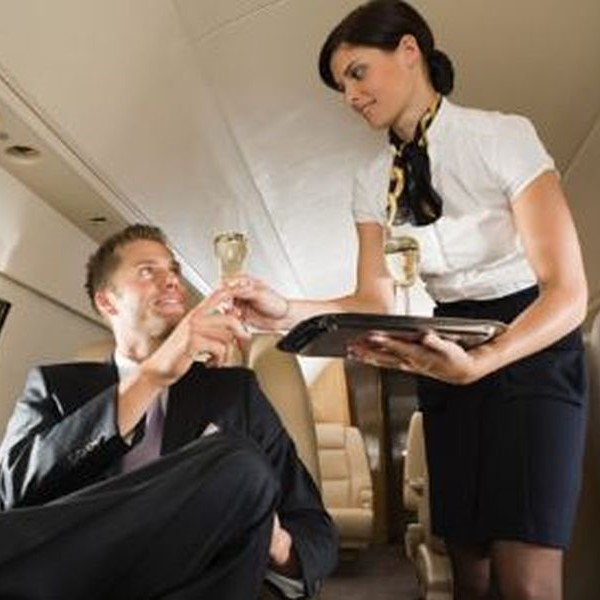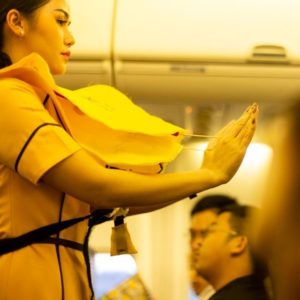No products in the cart.
Cabin Crew Training
Showing all 3 results
Filters Sort results
Reset Apply
Since we opened our doors we have been part of the professional training of many people. Our commitment is to provide you with a quality education, excellent training & the resources needed to shine in today's world. We have affordable prices & excellent instructors. We are sure that studying at Helitactica S.A. will leave you with great satisfaction. Last Updated: 10-01-2023 | ||
Our online crew training portal is now available as an APP as well as a Desktop application. Each operator has its own login to administer their own crews & ground personnel training. It covers most operator ground training obligations with the exemption of Classroom CRM (required for Multi Pilot Operator), First Aid & Practical Usage of Fire Extinguishers. Compliance Data for each user is stored online for each course completed & re-currency reminders sent automatically. Last Updated: 05-12-2022 | ||
Cabin Crew Attestation Certificate will be issued in accordance with STH CC for trainees who successfully complate the Cabin Crew Initial Training. The trainees who successfully pass Turkish Ministry of Education Training Completion Exam are also entitled to receive Turkish Ministry of Education Training Completion Certificate. Last Updated: 21-03-2022 |
Browse a wide range of different Cabin Crew Courses in your area. Contact training organisations and book aviation training courses online with AvPay!
Cabin crew, also known as flight attendants, undergo rigorous training and take various courses to become qualified for their roles. These courses cover a wide range of topics to ensure the safety and comfort of passengers during flights. Safety and emergency procedures are a fundamental part of cabin crew training. This includes training on how to use safety equipment, handle emergency situations, and evacuate passengers in the event of an emergency. Topics covered may include aircraft evacuation, firefighting, first aid, and water ditching procedures. Cabin crews are trained in basic first aid and cardiopulmonary resuscitation (CPR) to provide immediate assistance to passengers in case of medical emergencies on board. Training on how to handle onboard fires, use fire extinguishers, and control smoke in the cabin to ensure the safety of passengers and crew. Cabin crew learn about aviation security protocols and how to handle security incidents, such as unruly passengers or potential threats to the aircraft. Understanding the operation of various aircraft systems and equipment, including oxygen masks, life vests, and in-flight entertainment systems. Training on how to manage and serve in-flight meals and beverages while adhering to safety and hygiene standards. Cabin crew are taught how to interact with passengers, provide excellent customer service, and address passenger needs, including special requests, during the flight. Many airlines require cabin crew to be proficient in specific languages, especially English. Effective communication with passengers and crew members is vital for ensuring safety and providing quality service. Training on how to interact respectfully with passengers from various cultural backgrounds and handle diverse situations professionally. Understanding and adhering to aviation regulations, as well as the specific policies and procedures of the airline they work for. Some airlines provide simulator training, which allows cabin crew to practice handling emergency situations, such as rapid decompression, in a controlled environment. Training on how to evacuate and survive in the water, including the use of life rafts and life vests in the event of a water landing. Cabin crew practice aircraft evacuation procedures, including opening emergency exits and assisting passengers during an evacuation. Training in personal grooming, appearance, and adherence to the airline’s uniform and dress code standards. Training on how to provide in-flight service, including serving meals, beverages, and duty-free items to passengers. Cabin crew training is highly regulated and specific to the airline they work for, but it must adhere to civil aviation authorities’ guidelines to ensure safety and security. After successfully completing their training, cabin crew members typically receive a certificate or qualification that allows them to work on commercial flights. Additionally, they may undergo recurrent training to stay up to date with safety and procedural changes.







